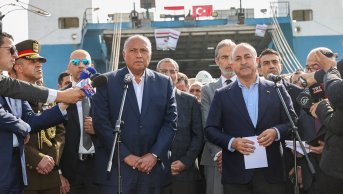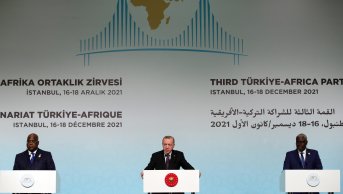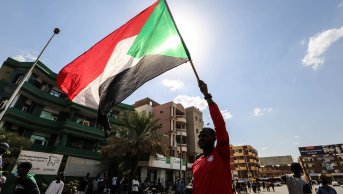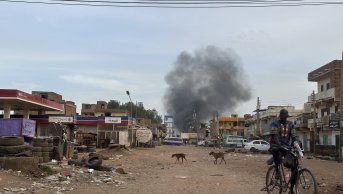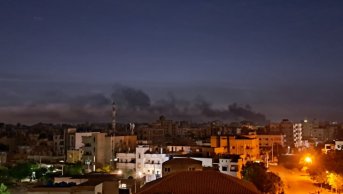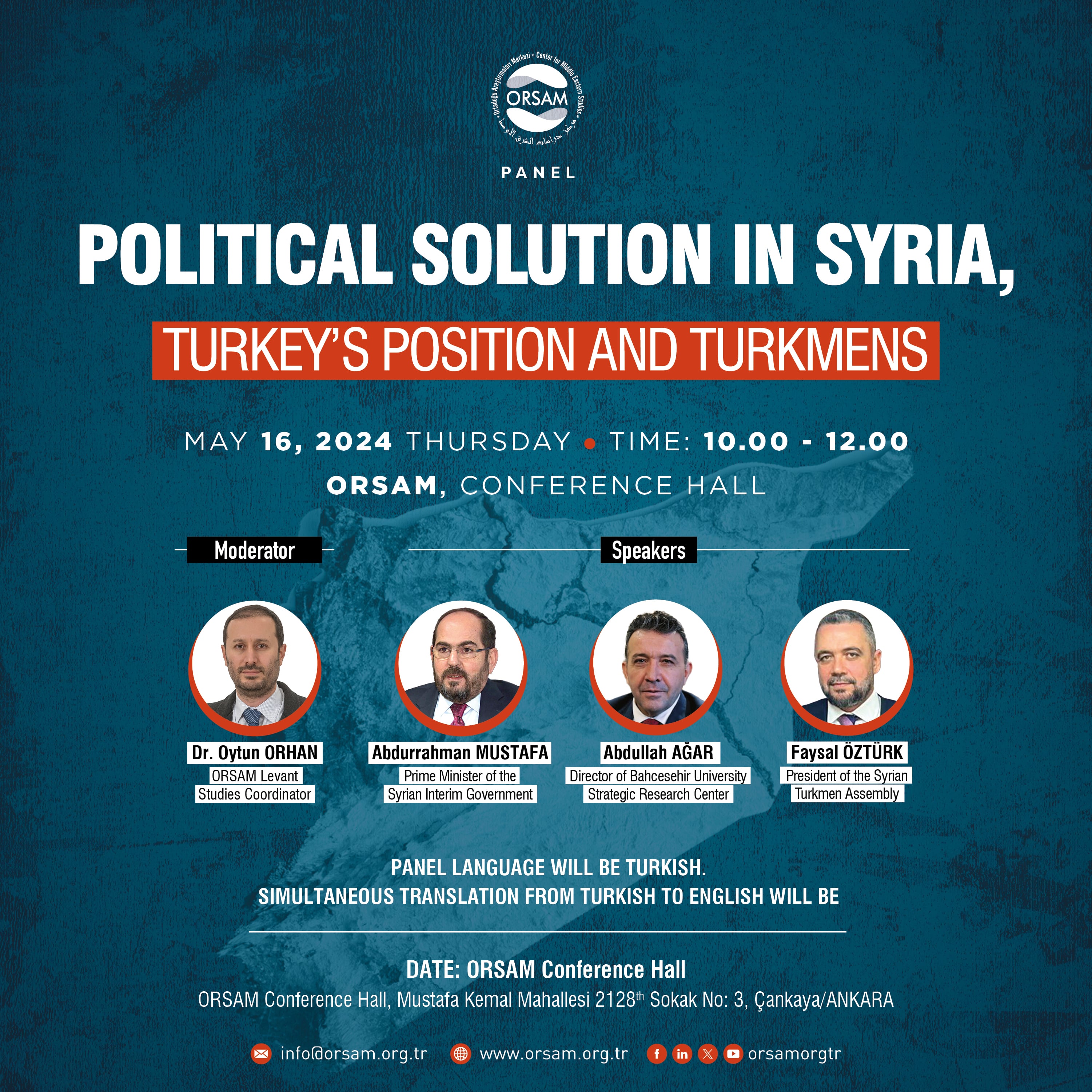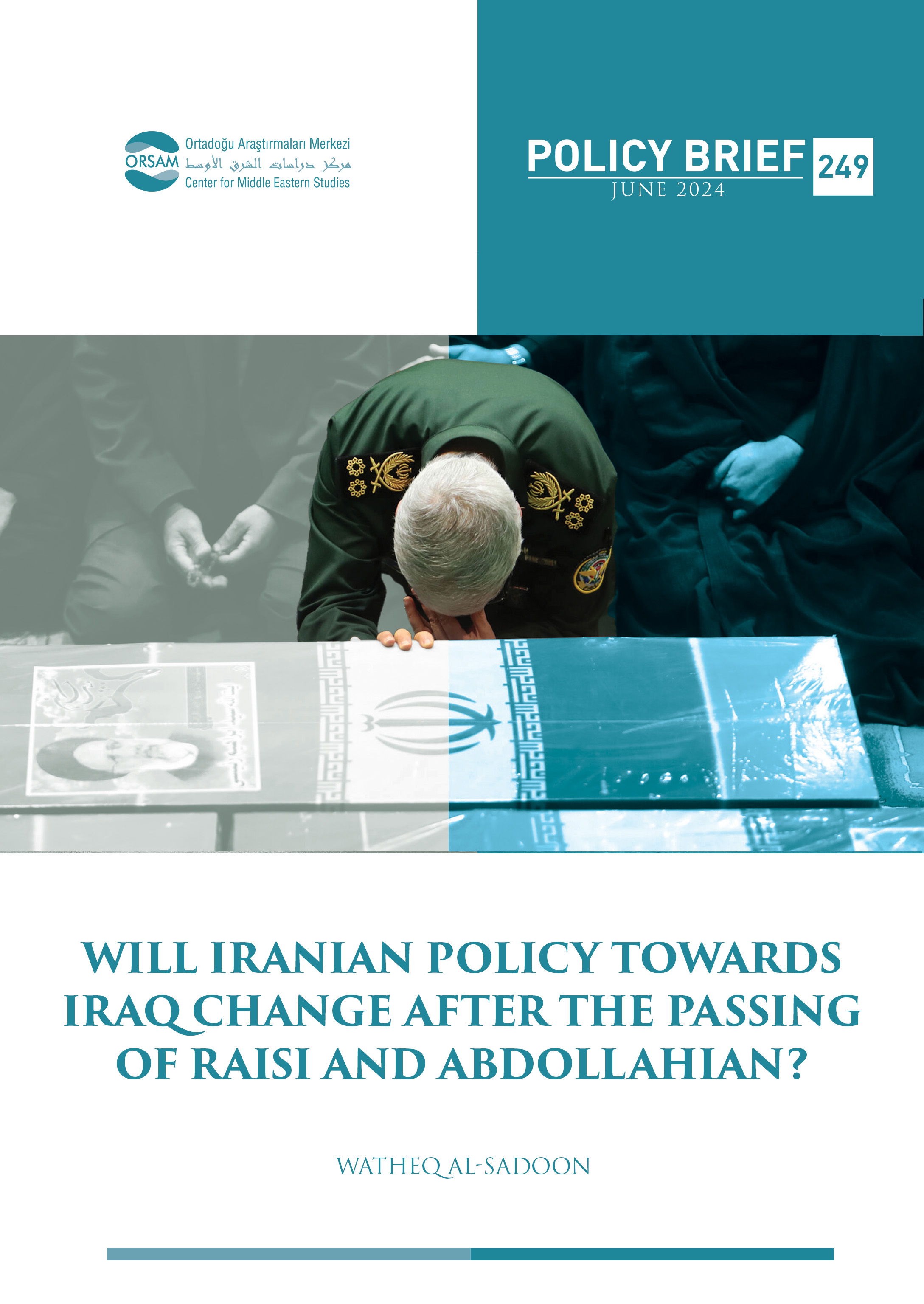Repercussions of the Russia-Ukraine war for Africa
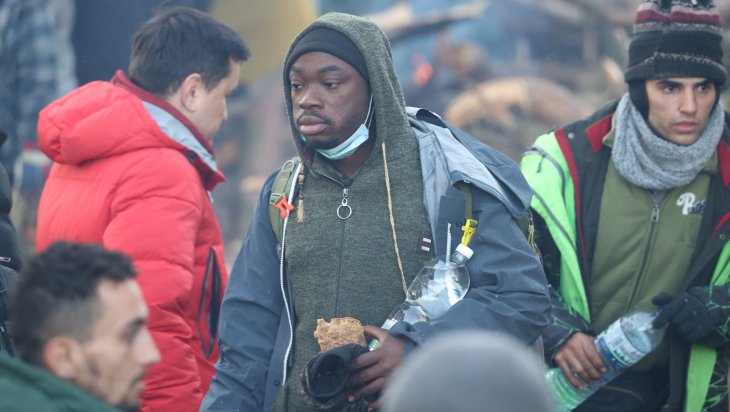
The transformation of Russia's invasion of Ukraine's Donbass region into an all-out war on Feb. 24 has led to global economic and security concerns. In this context, the reactions of African countries to the Russian intervention, how the Russia-Ukraine war will affect Russia's African policies and the general reflections of the war on the continent itself contain different parameters.
In this regard, some oil-exporting countries in the region are in a favorable position, especially in terms of natural gas and raw material exports with the sanctions implemented by the United States and European countries against Russia. On the other hand, countries whose industry and agriculture are heavily dependent on oil exports have the potential to enter an economic bottleneck as a consequence of the increase in oil and natural gas prices. The same is true for grain trade. The fact that Russia and Ukraine provide 25% of the world’s grain supply may indirectly lead the African continent, as one of its largest customers, into food insecurity.
Presence in Africa and reactions
Although Russian President Vladimir Putin sought to explain Russia's interest in Africa with reference to historical and cultural ties from the Soviet era, Russia's entry into the African continent came to the fore as a necessity based on the sanctions implemented with the 2014 annexation of the Crimea. In this process, Putin's administration, which sought new markets and diplomatic support, increased its engagement in Africa. So much so that the Russia-Africa summit, which took place in Sochi in 2019 for the first time, with the participation of 50 African countries and 43 presidents, was an indicator of what so many called Russia's “expansionist” strategy in the continent.
Today, the Russian mercenary Wagner Group operates in the Central African Republic, Libya, Mozambique and Mali. Apart from this, Russia has strong trade relations with important African economies such as South Africa, Egypt, Nigeria and Sudan. In this context, Russia's military and economic connections prevent the African Union from acting in unison against the Russia-Ukraine war. Despite the union's own legislation emphasizing the inviolability of borders and territorial integrity, most of the aforementioned countries have followed an impartial stance. However, countries such as Kenya, Gabon and Ghana stated that Russia's intervention in Ukraine targeted the territorial integrity and sovereignty of the country, consequently leading to the condemnation of Moscow. On the other hand, the president of the Central African Republic, Faustin-Archange Touadera, declared support for Russia's interventions in Donetsk and Luhansk, while the president of Sudan's military council, Gen. Mohammed Hamdan Dagalo, paid a visit to Moscow, accompanied by a large delegation.
In addition to these reactions, Russia, through the Wagner Group, carries out propaganda activities in the countries where it is active, both on social media and through mainstream media, to launder the intervention of Russian troops in Ukraine. It is expected that Russia, which wants to maintain the sympathy and soft power it wields in countries like Burkina Faso and Guinea, where coups have recently taken place, will continue its activities.
Opportunities and challenges
With the outbreak of the Russia-Ukraine war, the U.S. and European countries imposed various sanctions against Russia. In fact, Russia meets 40% of the European Union's natural gas needs. Countries in the Middle East and Africa are emerging as a strong alternative for Europe as it attempts to diversify its natural gas supply and cut its dependency on Russia. At this point, among African countries, Algeria is a suitable alternative in terms of both its geopolitical position and its large reserves. Apart from this, countries like Senegal (which has 40 trillion cubic meters in energy reserves), Nigeria and Tanzania seem to be at an advantage with their natural gas capacity. In this sense, Nigeria, Niger and Algeria, which are on the Trans-Saharan Gas Pipeline route, cooperated in order to increase their natural gas exports to European markets and signed an agreement on Feb. 16. The deal includes a cost of $13 billion to renew the pipelines. Apart from this line, a total of 50 billion cubic meters (bcm) of Algerian natural gas is transported to Europe via the Maghreb-Europe Gas Pipeline and Trans-Mediterranean Natural Gas Pipeline. However, the increase in natural gas and oil prices may usher in a serious crisis for oil-importing African countries. This means additional costs for African countries that depend on oil and natural gas in agricultural and industrial production.
Secondly, the Russia-Ukraine War may negatively affect Africa in terms of agricultural production and food security, as both countries are important grain exporters to Africa. African countries imported $4 billion worth of agricultural products from Russia in 2020. Among these products, wheat takes the lead with a rate of 90%. On the other hand, Ukraine exported $2.9 billion worth of agricultural products to Africa in 2020. While wheat represents 48% of the products, corn accounts for 31%. Furthermore, these two countries have a total share of 26% (Russia 18%, Ukraine 8%) in world wheat exports. While Egypt ranks first in wheat imports, countries such as Libya, Sudan, Nigeria, Tanzania, Algeria, Kenya and South Africa also import wheat from Russia and Ukraine to a large extent. Currently, with the Russian intervention in Ukraine, corn prices have increased by 21%, wheat by 35% and soybeans by 20%, respectively. Nonetheless, in the Sahel region and West Africa alone, 26 million people do not have access to enough food. Therefore, the prolongation of the war and the disruption of agricultural trade can cause prices to rise significantly. The increase in bread prices, especially in Kenya and Sudan, has led to anti-government protests. Undoubtedly, this situation brings food security concerns to the forefront for Africa, which has experienced many food crises in the past.
What's the conclusion?
The Russia-Ukraine war, which broke out after Russia's one-sided intervention, is geographically far from the region but still closely concerns the African continent. Many different issues such as food security, agricultural production and the inclusion of countries with natural gas reserves into the geopolitical equation due to the sanctions on Russia, are directly related to Africa. In this context, prolonging the war and continuing to sanction Russia will increase the prices of agricultural products and raw materials, which will expose the African continent to a food security crisis.
On the other hand, Russia, which has recently established military, political and economic ties with many African countries, plans to maintain its current sphere of influence and soft power. In parallel, some countries that want to maintain their neutrality due to their close political and commercial relations with Russia prevent the African Union from acting jointly against Russia.
This article was published in Daily Sabah website under the title of “Repercussions of the Russia-Ukraine war for Africa” on March 07, 2022.

